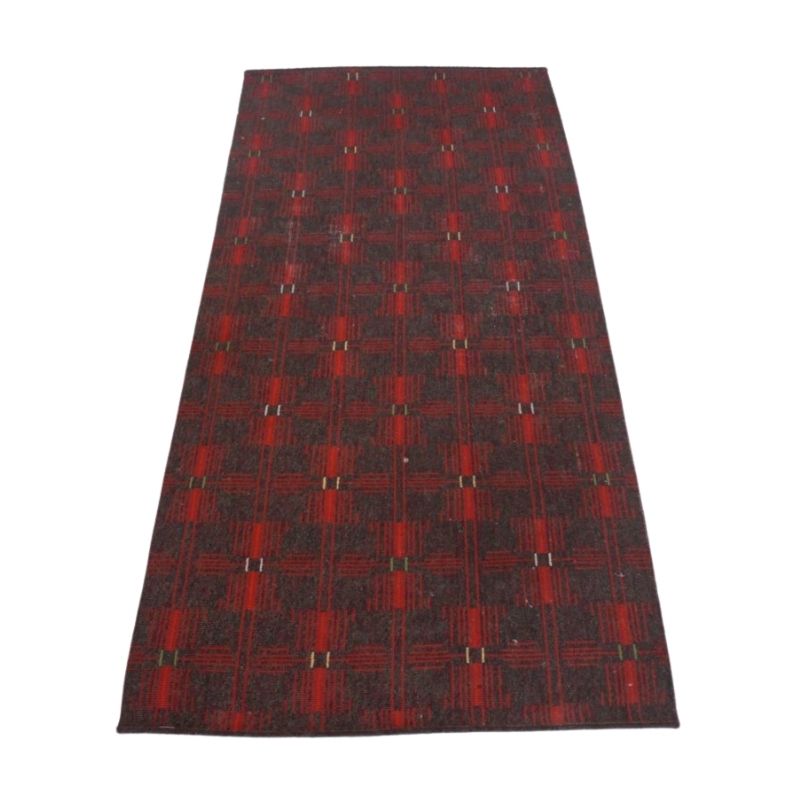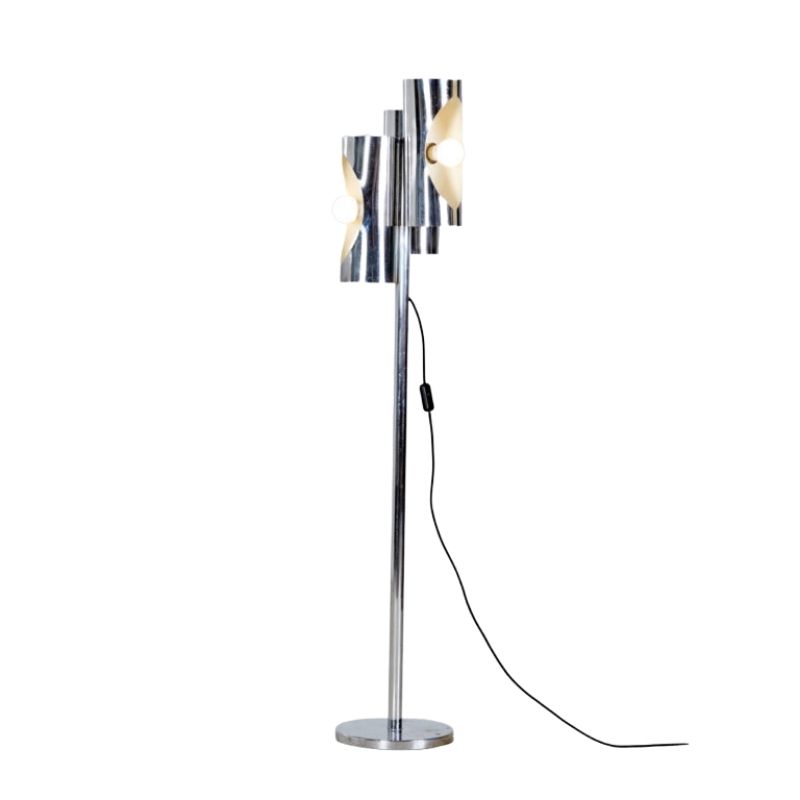One of the things, if not the best thing, about this website is input from people all over the globe. I love to hear from Gus?tavo, Gustaf, Killian, Koen, et al., to get a world-wide input on design and all of its' manifestations.
My question is, with the plethora of contributors here from the US, are we making it harder for our global contemporaries to understand us by using American vernacular? Would our highly valued friends outside the US prefer that we stick to an easier vocabulary and discontinue the use of American idioms?
For instance, in the paragraph above, did all of you have to run to your dictionaries to define "plethora"? And if you did, wouldn't it have just been easier if I would have written "with so many American contributors"?
I'm asking because I want my posts to be clear and concise for everyone, not just Americans and I can alter my writing so that is more clear.
Please vote, those of you outside the US. Are we hard to understand and would you prefer that we write in more simpler terms?
My vote: quite understandable most posts, linguistically.
Thanks for bringing up this issue.
My vote:
Most of the times, most of all of you, are very understandable. It,s perfectly OK.
From time to time, to me a bit hard long posts (pt 3 pt4 pt5), but,s OK.
Perhaps from time to time a bit clearer would be better. Perhaps it,s the slang. But it,s ok anyway.
It,s not just a matter of the mother tongue. When reading in my native language something new and complex I need to read it more than twice.
As Marcelo Trabucco, a professor of mine that used ,,ornamented speaking,, to say complex issues, he said that it,s not possible to say complex things in simple words. I don,t know if it,s true, but many times it,s really worth the effort to discover such marvelous hidden issues in some hidden worlds. (worlds not words)
There are more complex issues than the ,,linguistic,,.
Perhaps it,s more a ,,cultural,, things, and then cultural misunderstandings (as once Dc Wilson pointed).
And others that still I can,t describe.
By the way, Diccionary:
Riki
Plethora: Pletora[Spanish],
Then, Spanish dictionary.
You see Riki, not a linguistic thing.
Pollito Azul:
Arcana:
Arcanum may refer to:
? The Arcanum (novel), a novel by Thomas Wheeler
? Arcanum (album), a 1996 album by Acoustic Alchemy
? Arcanum (role-playing game)
? Arcanum (comic book series)
? Arcanum: Of Steamworks and Magick Obscura, a 2001 computer game
? Arcanum, Ohio
? The Grand Arcanum, the secret of the philosopher's stone in alchemy
? Arcanum, a piece of music by Ezequiel Viñao
? Arcanum A Catholic encyclical letter written by Pope Leo XIII in 1880 on the topic of Christian marriage
Arcana may refer to:
Arcana (band), a neoclassical music band
? Arcana (convention), a Minnesota dark fantasy/horror convention
? Arcana (jazz), a jazz project created by Tony Williams, Derek Bailey and Bill Laswell
? Arcana (video game), a card-themed role-playing game for the SNES
? Major Arcana, the trumps of Tarot cards
? Minor Arcana, the numbered pip Tarot cards
? Arcana Heart, 2006 arcade game
? Arcana Jayne, 2006 webcomic
? Arcana Studio, a comic book company
? Arcanacon, an Australian role-playing game convention
? Arcana, Indiana, an unincorporated town in the United States
? Arcana, a piece of music by Edgard Varèse
? Arcana, a collection of poems by A. W. Yrjänä
🙂 (!)
Cultural thing.
And no Spanish link!
Result: give up, and that,s all.
http://en.wikipedia.org/wiki/Arcana
Hi Riki,
Thank you for raising the question. It speaks for the quality of the participants of this forum. I have to admit that I more often need the dictionary to write a decent text than to read the posts on DA. I am always quite pleased when I stumble over a yet unknown word, so I would go the other way and ask to use from time to time a challenging word. The dictionary is never far and in my own experience, something you had to look up gets a better place in my aging memory. I also enjoy the differences in tone between the English used in different parts of the world, so as far as I am concerned I am not in favour of re-designing the language.
I had to look up "vernacular" 🙂
Riki, thanks for your interest and concern. I have had little time to contribute lately, but I try to read most of the posts, especially those by the esteemed "DA regulars" (you are one of them, of course).
Personally, I am with Koen on this one.
Having said that, it is always good to be aware that there is a risk of misinterpreting words or idiomatic expressions, and often for the worse, or of missing the subtle nuances of certain wordings. Add to this that the vocabularies of some languages are richer than others, and an eventual misunderstanding is inevitable.
But I would say that the main responsibility here lies on the reader. Too often people read too much into a post or a statement that was never intended to be what it came out as. It is better to assume it was written with a smile, or ask for a clarification (I don't always manage, but I try).
This is just as true, if not more, for posts written in English by non native English speakers. So I guess this is something for all of us to keep in mind. That, and trying not to sound like this gentleman (because that just doesn't make sense):
I always try to write with si...
I always try to write with simple words. Being at the young age of 27, it was actually taught in high school that complex writing is stylistically out. Perhaps it has to do with how international the world has become? The teacher would dislike essays where it was obvious that the writer was trying really hard to sound "intelligent." Smart, less is more, to the point, and clear is the goal.
Please let me know if I ever say something confusing. Sometimes people don't even realize a certain phrase is slang or regional in some way. Besides, the more you ask the more you learn. The people on this site are definitely willing to teach each other things.
This was a very thoughtful topic.
Rikki, is this more what you're looking for?
In spring, the rains came and I fixed the chair.
"Tenente," I asked, "where do I find a bolt for the chair by Wegner? The chair has leather that is thick and wood from a jungle. It is a good chair that has broken. Sooner or later they break everything."
Tenente poured wine in two cups and cursed the rain.
I drank the wine and thought of Lady Knoll.
--Ernest Hemingway, A Farewell to Armchairs
When I
was new to the forum I had the temerity to suggest a correction to a minor spelling flaw, in a post by Koen. (I believe I spelled his name 'keon,' as well, in the days before we could edit our posts.) Only after that did it occur to me that English might have been a second language to some on the board -- and that in Koen's case at least any amount of mangled English would be a small price for the wisdom and useful insight gained by his writing.
(And, he had the decency to accept my rebuke with good grace, and even promised to exhibit greater diligence -- which in fact he did !)
I have found it so easy to Google a word to check on spelling, or definition, that I no longer open my old dictionary, which sits idle on my desk. And it has become clear that, for those who rely on spell-check, the correct spelling may be assured while in fact the wrong word -- but a real word, usually a homonym -- has been selected. Spell-check can't help with that. A serious failing in American public-school education, over a generation or more, has made its inevitable inroads into literacy, at least on this side of the Atlantic. The "new math" seems to have been accompanied by a "new English" -- a feel-good, anything-goes relaxation of correct usage and spelling, at the beginning of life, when it matters -- a surrender to the verbal, as opposed to read and written, language, a "gift" of the ubiquitous electronic media ?
Usage and spelling here is a miracle of perfection, for the most part, compared to that, perhaps from the very young, that I see elsewhere. We can congratulate ourselves.
keep it colorful and lively yet simple
i'm actually quite a fan of slang and idiomatic phrases, many of which are culturally bound. those expressions which have been handed down throughout the ages to communicate much more than a mechanistic explanation of the words themselves are what breathe life into our conversations.
i certainly understand the intent, rikki, and your question serves as a good reminder to us all to be sensitive to the goal of accommodating our language to the wider global audience.
that being said, i'd much rather be introduced to something new in communication provided it's not overly cumbersome or so insanely obscure that the point is missed altogether. and big, fat, eight-cylinder words for the sake of somehow "intellectualizing" a point? it's not helpful unless one is poking fun at such a vain practice!
well, then ... no point in beating a dead horse, i suppose. good topic.
If you need any help, please contact us at – info@designaddict.com









